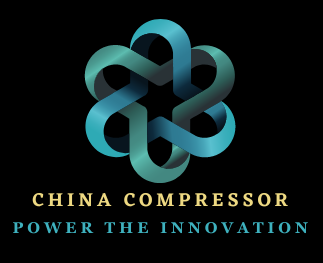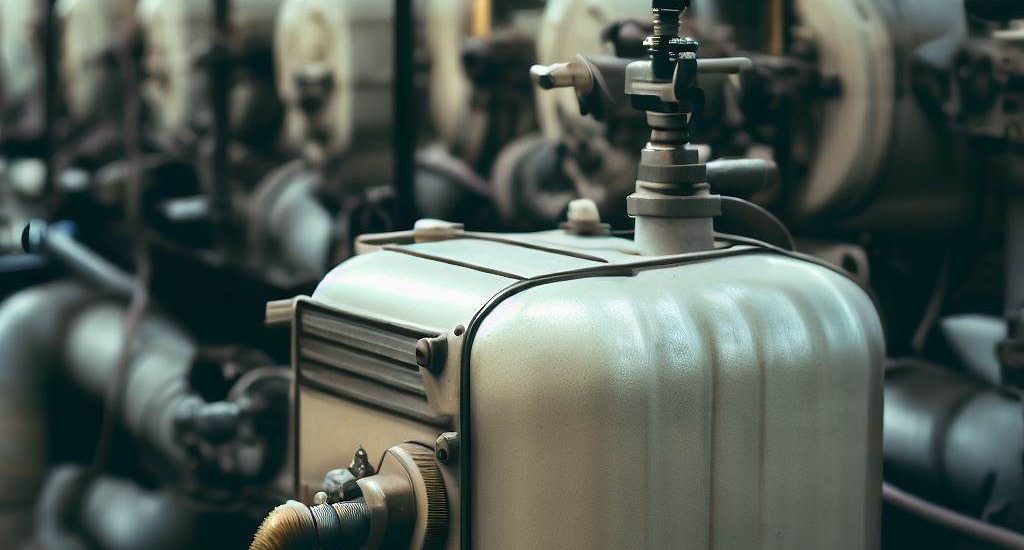Introduction
The construction materials industry is a significant and vital sector globally. The process encompasses the manufacturing of various materials, including cement, tiles, bricks, and concrete blocks, among others, which are indispensable for the erection of edifices, highways, bridges, and other infrastructures. The manufacturing process of construction materials necessitates the utilization of a dependable and effective air compressor system, which is indispensable for the functioning of pneumatic tools and equipment in the industry. The present article aims to examine the practical implementation of screw compressors within the building material industry, highlighting their significance in enhancing productivity, quality, and profitability.
Types of Air Compressors Utilized in the Building Material Industry
The construction materials sector employs a range of air compressors for diverse purposes, including:
Reciprocating compressors are frequently utilized in small-scale applications that require low to moderate air pressure. Reciprocating compressors utilize a piston and cylinder configuration to effectively compress air to the desired pressure level. The compressors in question are characterized by their affordability and low maintenance requirements. However, they are not recommended for prolonged or uninterrupted use.
Rotary screw compressors are extensively utilized in the construction material industry owing to their ability to generate high-pressure output, efficiency, and reliability. Screw compressors utilize a pair of helical rotors that rotate in opposing directions, resulting in the compression of air. The compressors under consideration are deemed appropriate for uninterrupted operations and have the capacity to provide compressed air at elevated flow rates of up to 200 PSI (13.78 Bar).
Centrifugal compressors utilize centrifugal force to compress air, making them a popular choice for high-pressure output in large-scale industrial applications. Centrifugal compressors have been found to exhibit high efficiency levels, however, their operation necessitates a significant amount of energy.
Portable compressors are characterized by their compact size and ease of transportation, making them suitable for use in various job sites. Portable compressors are commonly used in mobile applications, such as construction sites. They can be classified as reciprocating or rotary screw compressors.
Stationary compressors are a type of compressor that are permanently installed in a fixed location. They are generally larger in size compared to portable compressors. Stationary compressors are classified into two types: reciprocating and rotary screw compressors. These compressors are well-suited for industrial applications that require high-pressure output on a large scale.
Screw compressors are widely used in the building material industry due to their high-pressure output, efficiency, and reliability. The following are several typical applications of screw compressors within this particular industry:
1. Cement production is a crucial application of screw compressors in the building material industry. The use of screw compressors in this industry is of great significance due to the high demand for cement production. Compressed air derived from screw compressors finds application in multiple stages of cement production.
During the initial phase of cement production, a material conveying system is utilized to transport raw materials including but not limited to limestone and clay. The transportation of powdered raw materials from one location to another in this system necessitates the use of compressed air. Screw compressors are commonly used to supply compressed air to this system, ensuring consistent flow and pressure.
The process of mixing and grinding involves the transportation of raw materials, which are subsequently combined and pulverized into a fine powder through the utilization of a ball mill. Screw compressors are a prevalent choice for providing compressed air to the ball mill during the mixing and grinding of raw materials.
The preheater plays a crucial role in the cement production process by preheating the raw materials prior to their introduction into the kiln. Screw compressors are utilized for providing air to the preheater, which plays a crucial role in regulating the temperature and ensuring optimal performance.
Kiln burners are utilized to elevate the temperature of raw materials to a high degree, thereby instigating chemical reactions that lead to the formation of clinker. Screw compressors are utilized for the purpose of providing compressed air to the kiln burners, thereby ensuring efficient combustion and optimal temperature control.
2. The production of tiles is a significant area of application for screw compressors within the building materials industry. Compressed air derived from screw compressors finds application in multiple stages of tile production.
The initial phase of tile production involves the process of clay pressing and shaping, whereby malleable and moist clay is molded and formed through the utilization of pneumatic machinery or tools. The proper functioning of these machines necessitates a consistent supply of air pressure, which is facilitated by the utilization of screw compressors.
The process of drying the tiles involves subjecting them to an oven to eliminate any residual moisture content subsequent to their shaping. Screw compressors are utilized for providing heated air to the oven, thereby ensuring effective and consistent drying.
3. Screw compressors have gained significant popularity in the building material industry for the production of bricks. Compressed air derived from screw compressors finds application in multiple stages of brick manufacturing.
Shaping is a crucial stage in the production of bricks, where clay is molded using pneumatic equipment that relies on consistent air pressure for optimal performance. Screw compressors are a prevalent choice for providing compressed air to molders.
Material transportation is a crucial step in the production process of clay products. Once the clay is shaped, it needs to be transported to the next stage using a material conveying system. This system requires compressed air to operate efficiently, ensuring that the clay is transported smoothly and without any damage. Screw compressors are a prevalent choice for providing compressed air to this system, as they guarantee a steady flow and pressure.
Kiln production is a crucial step in the manufacturing process of clay bricks, as it involves the baking of the bricks to achieve their desired shape and enhance their durability. Screw compressors are utilized for providing compressed air to the kiln burners, thereby ensuring efficient combustion and optimal temperature regulation.
4. The building material industry frequently employs screw compressors for the production of concrete blocks. Compressed air derived from screw compressors finds application in multiple phases of concrete block manufacturing.
The production of concrete blocks involves the use of pneumatic mold machines that necessitate a consistent air pressure for optimal performance. Screw compressors are a prevalent choice for providing compressed air to machines, as they guarantee a steady flow and pressure.
The process of curing and drying is essential for concrete blocks after they have been molded. This is typically achieved through the use of a curing chamber or oven. Screw compressors are commonly employed to deliver heated air to the curing chamber or oven, thereby facilitating effective and consistent curing and drying processes.
In conclusion, it can be stated that screw compressors play a crucial role in the production of building materials in the building material industry. Screw compressors are essential in various industries such as cement production, tile manufacturing, brick production, and concrete block production due to their high-pressure output, efficiency, and reliability. Screw compressors play a crucial role in the building material industry by providing compressed air to pneumatic tools and equipment. This results in enhanced performance, productivity, quality, and profitability.
Click here for more information about how to choose a propriate air compressor.









